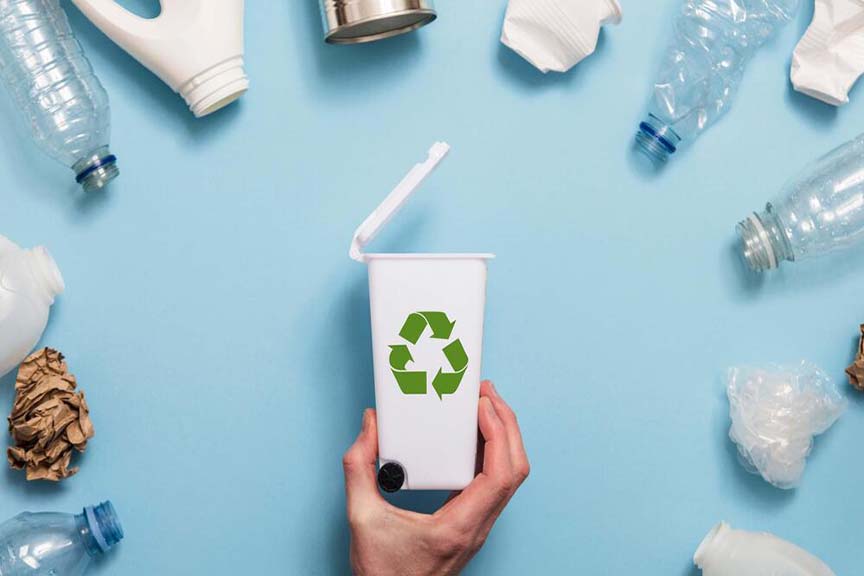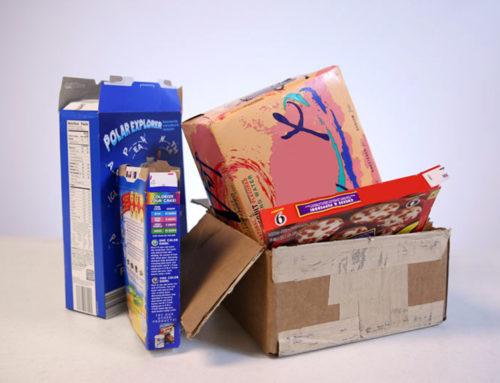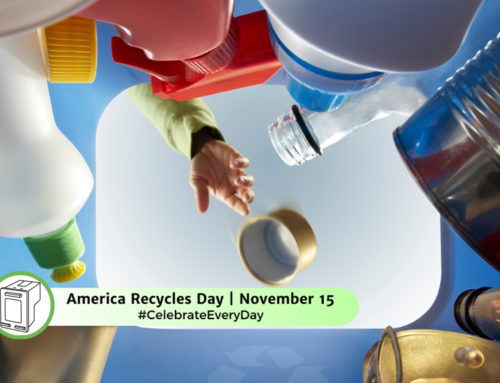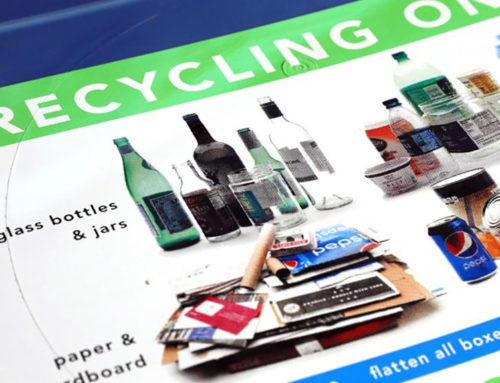In our quest to combat plastic pollution, reducing our reliance on single-use plastics stands as one of the most impactful steps we can take. These disposable plastics, such as bags, bottles, straws, and utensils, are convenient in the short term but have devastating long-term consequences for the environment. Here, we will explore the importance of reducing single-use plastics and provide practical tips on how to make this transition towards a more sustainable lifestyle.
The Perils of Single-Use Plastics
- Persistent Pollution: Single-use plastics are designed for convenience but built to last. Once discarded, they endure for centuries, breaking down into smaller particles known as microplastics. These microplastics infiltrate our ecosystems, harming wildlife and even making their way into our food chain.
- Resource Depletion: The production of single-use plastics consumes valuable resources, including fossil fuels and water. The energy-intensive manufacturing process contributes to greenhouse gas emissions, further exacerbating climate change.
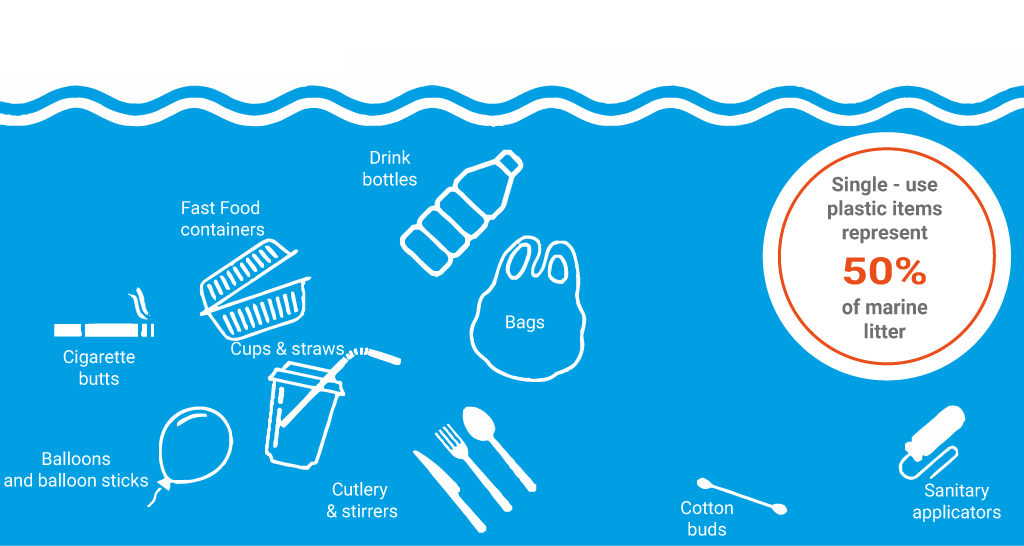
Practical Steps to Reduce Single-Use Plastics
- Carry Reusable Bags: One of the simplest and most effective ways to reduce single-use plastics is to bring your own reusable shopping bags. Keep a stash of cloth or jute bags in your car, backpack, or by the door, so you never forget them when you head to the store.
- Invest in Reusable Bottles and Containers: Replace disposable plastic water bottles and takeaway containers with durable, reusable alternatives made from materials like stainless steel or glass. Many coffee shops and restaurants now offer discounts for customers who bring their own reusable cups.
- Say No to Straws and Utensils: When dining out or ordering takeout, politely decline plastic straws and utensils. Carry your own reusable metal or bamboo alternatives if needed. By refusing these items, you reduce their demand and production.
- Choose Products with Minimal Packaging: When shopping, opt for products with minimal plastic packaging. Look for items sold in bulk or those packaged in eco-friendly materials. Consider buying in bulk to reduce packaging waste.
- Support Sustainable Brands: Research and support companies that prioritize eco-friendly packaging and practices. Many businesses are actively reducing their plastic footprint and embracing sustainable alternatives.
- Educate and Inspire: Share your journey toward reducing single-use plastics with friends and family. Educate them about the environmental impact of these plastics and inspire them to make similar changes in their lives.
The Collective Impact
The shift away from single-use plastics is not just a personal endeavor but a collective movement. By making these changes in our daily lives, we send a clear message to industries and policymakers that we demand more sustainable choices. As more people join this movement, we can influence policies, reduce plastic production, and ultimately create a cleaner and healthier environment for all.
Reducing our reliance on single-use plastics is a critical step in combatting plastic pollution. It not only helps protect the environment and conserve resources but also encourages a shift toward a more sustainable and mindful way of living. Every small change made in the habits of our daily routines adds up to a significant impact.

